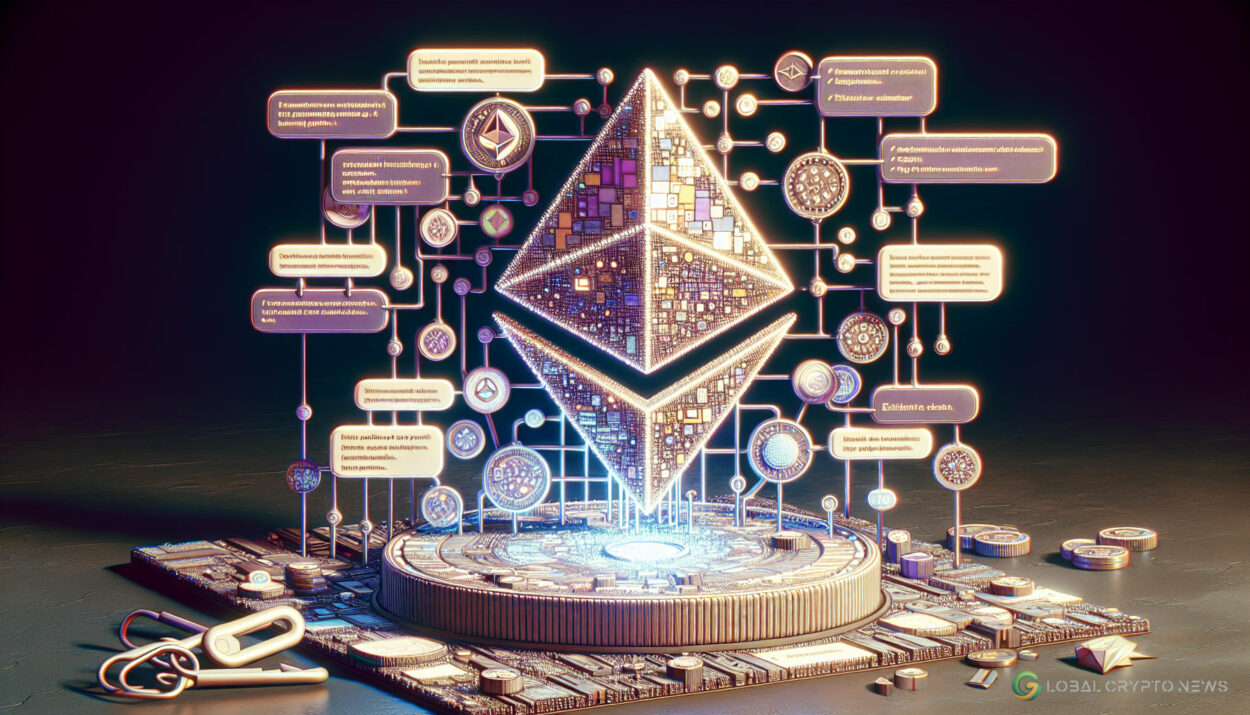The co-founder and chief technology officer at Untrading, Yale ReiSoleil, Jr., provided insights about the future of finance and blockchain technology in an exclusive interview. At 16, ReiSoleil founded Untrading, a non-fungible token (NFT) and cryptocurrency trading platform that enables users to receive future rewards on their sold assets. This is facilitated through a technology outlined in an Ethereum Improvement Proposal called ERC-5173 — NFT Future Rewards (nFR), which he co-authored.
ReiSoleil mentions that his interest in coding and development was sparked by his love for video games, particularly in discovering loopholes that would allow him to progress faster or unlock hidden features.
Interview with the 17-Year-Old CTO of Untrading
Are NFTs on the Way Out?
NFTs are currently undergoing a market correction, similar to the broader crypto market. The 90% drop in some major collections reflects the speculative frenzy that inflated prices to unsustainable levels during the peak of the hype cycle. However, this correction does not indicate the end of NFTs as a technology or valuable asset class.
It’s crucial to understand that the NFTs most people refer to are often speculative, copycat, and low-effort cartoons that have recently flooded the market. These imitations of earlier projects like Cyberpunks and CryptoKitties have relied on the “greater fool” effect, hoping to find buyers willing to pay higher prices. The decline of these low-effort collections is unsurprising and necessary for the market to mature.
The NFT framework itself holds significant potential beyond these speculative projects. As the market evolves, we can expect a shift towards NFTs that offer tangible benefits, real-world use cases, and long-term value propositions.
The true power of NFTs lies in their ability to drive the convergence of virtual and real-world assets, enabling new forms of ownership, provenance, and value creation.
As blockchain technology and smart contract capabilities improve, NFTs will play a crucial role in various industries. From gaming and art to supply chain management and intellectual property rights, NFTs have the potential to revolutionize asset creation, ownership, and trading in the digital age.
NFTs offer a unique opportunity to realize the value of provenance in asset ownership. By providing an immutable and transparent record of an asset’s history, origin, and ownership, NFTs can unlock new value streams and create more equitable marketplaces for creators and owners alike.
While the recent price drops in speculative NFT collections may seem alarming, they are necessary for the market’s maturation. The decline of copycat projects clears the way for more sustainable and value-driven NFT ecosystems. As technology advances and awareness grows, NFTs are set to play a significant role in shaping the future of asset ownership and value creation across virtual and real worlds.
The Future of Blockchain Technology by 2030
The future of blockchain technology is expected to see drastic changes in the coming years. Reflecting on how antiquated things looked 6–7 years ago shows how fast this tech evolves, making any projections likely to seem absurd in hindsight.
The major improvement anticipated is a significantly better user experience (UX) and onboarding process. Expecting users to learn complex concepts and navigate potential pitfalls can hinder mass adoption. However, it is still crucial for users to have control over their own keys and funds, where Externally Owned Accounts (EOAs) and Account Abstraction come into play.
Only with enhanced ease of use can we see a significant increase in blockchain adoption, which would drive more interest and innovation. This creates a positive feedback loop, benefiting the entire ecosystem.
Stay updated with the latest developments in the crypto world by exploring more news on Global Crypto News.
























